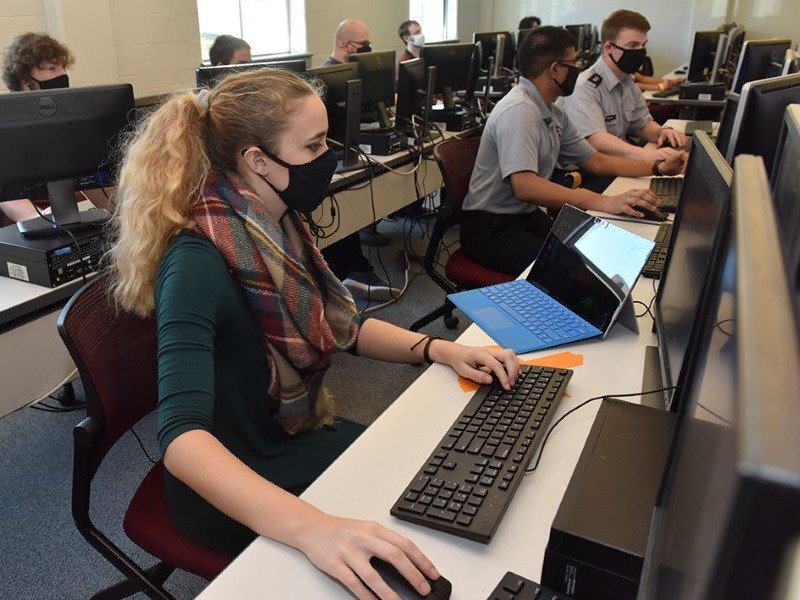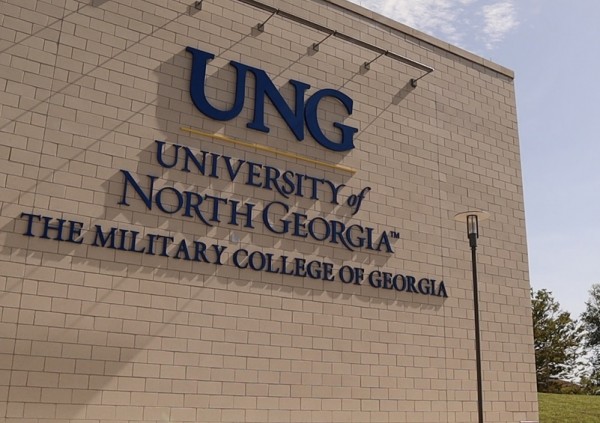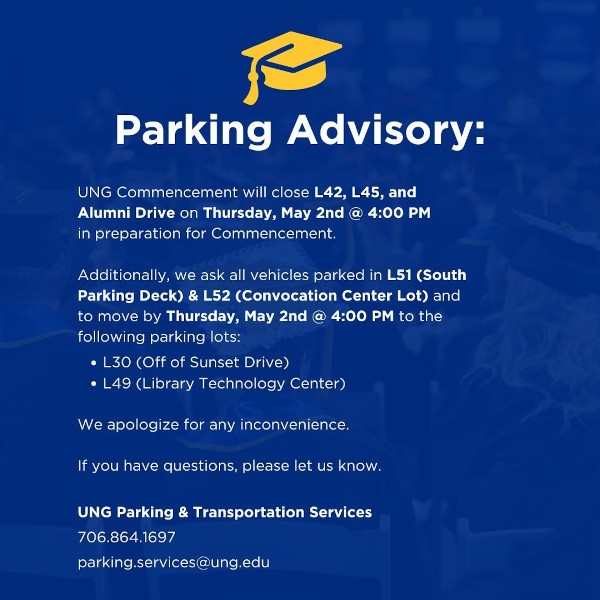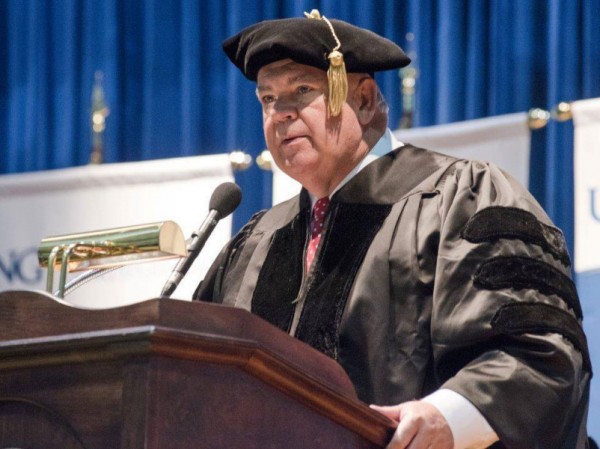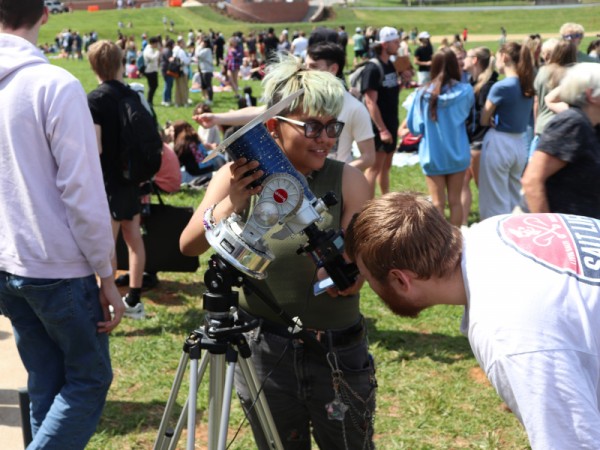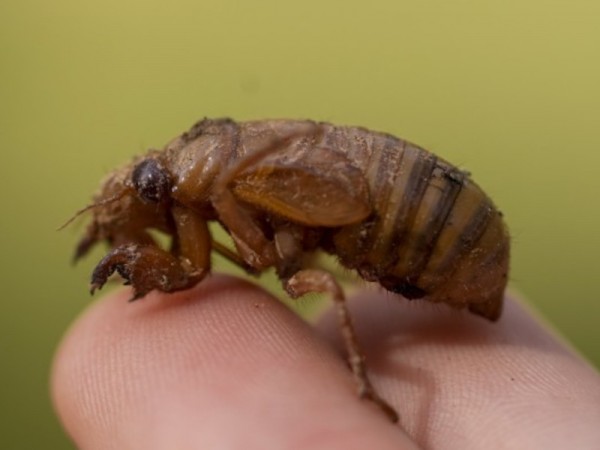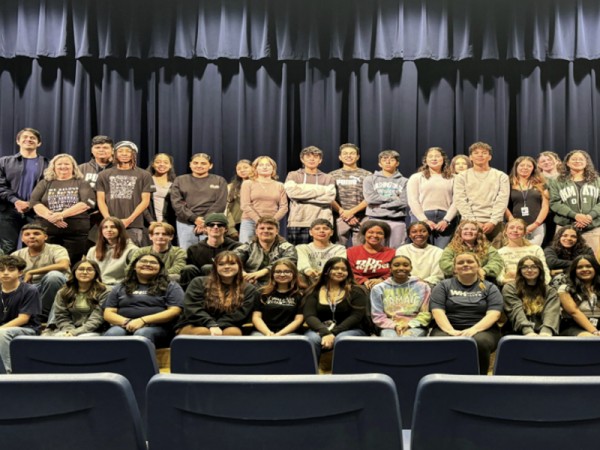Students, faculty and staff at the University of North Georgia won a national cybersecurity competition for the second year in a row - and they won by a landslide.
For the past eight years, the NSA has put together an annual collegiate competition called the Codebreaker Challenge to test students in reverse engineering. It takes place over 100 days and students are presented with fictitious scenarios in which they have to complete certain tasks to achieve a goal. This year, the goal was to rescue a kidnapped journalist overseas.
Bryson Payne, director of UNG's Center for Cyber Operations Education, said one of first tasks was tracking the journalist's location by hacking their fitness tracker.
"They had some information provided in the challenge. The journalist was seen being abducted on video surveillance, being pushed into a van on a certain street corner, and they were wearing a fitness tracker," Payne said. "So they had about two minutes worth of data that the fitness tracker was still transmitting."
Payne said students then had to look at the city's traffic light schedule, a city map and the data from the fitness tracker to do their own programming and use physics to figure out the journalist's last known location.
That is just one of many tasks in the challenge, others including reverse engineering drone data and using signal analysis techniques to capture radio frequency signals.
"So it escalates with each step," Payne said. "Every task gets progressively tougher, but they're using the same foundational skills. They're just learning how to use them in a completely new way."
It takes each student approximately 200 hours to reach the final phase of the competition, in which students must figure out how to shut down all of the security drones around the compound where the kidnapped journalist is being kept.
UNG participants tallied 323,150 points at the end of the challenge, while second-place Georgia Tech finished with 74,010. Oregon State University, University of Cincinnati and University of California, Santa Cruz finished third, fourth and fifth respectively.
Payne said he was very impressed with how the students worked individually, but also how they came together as a team.
"As a team, they were supporting each other, mentoring each other," Payne said. "When one person would figure out which tool would help them break through their files, they would pass on the information to the rest of the team so they could try it."
At UNG, students majoring in cybersecurity study four main areas: ethical hacking, computer forensics, network security and reverse engineering. They can get an internship with the NSA as students or get a full-time job upon graduation.
"Georgia is already one of the best states in the country for cyber[security,]" Payne said. "That's why you've found two of the schools at the top of the competition, UNG and Georgia Tech, right here in Georgia."
The only other state to have two schools finish the competition in the top 10 is California.
More information about cybersecurity at UNG can be found on their website.


